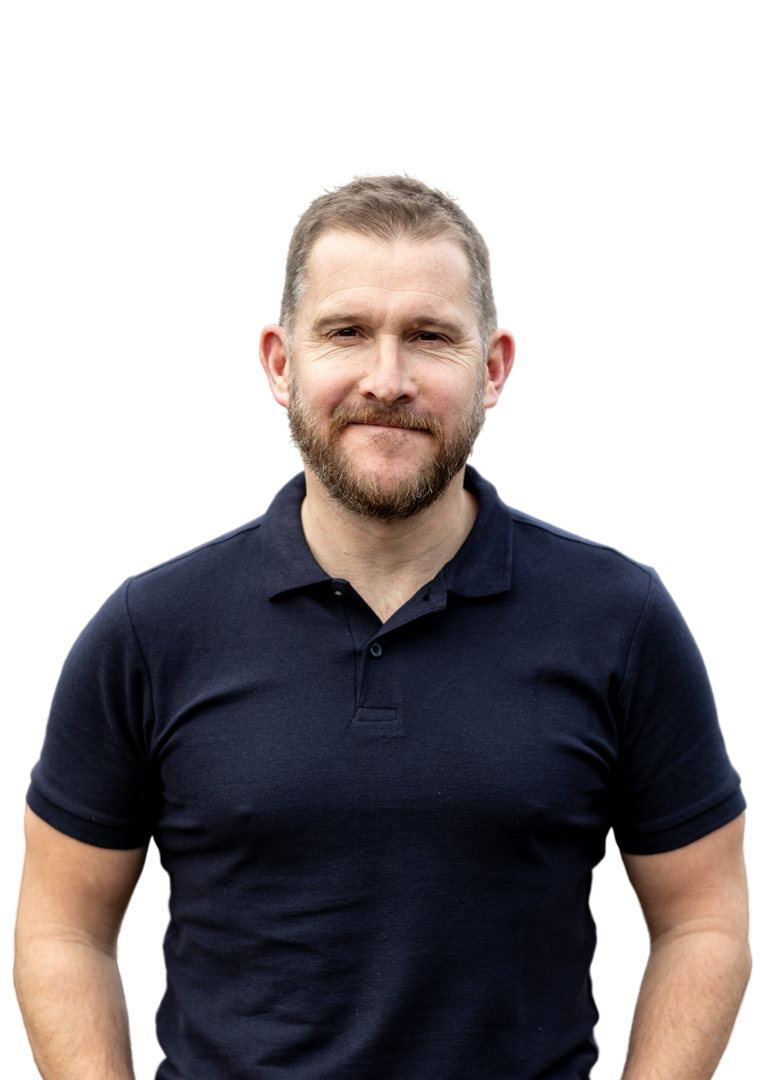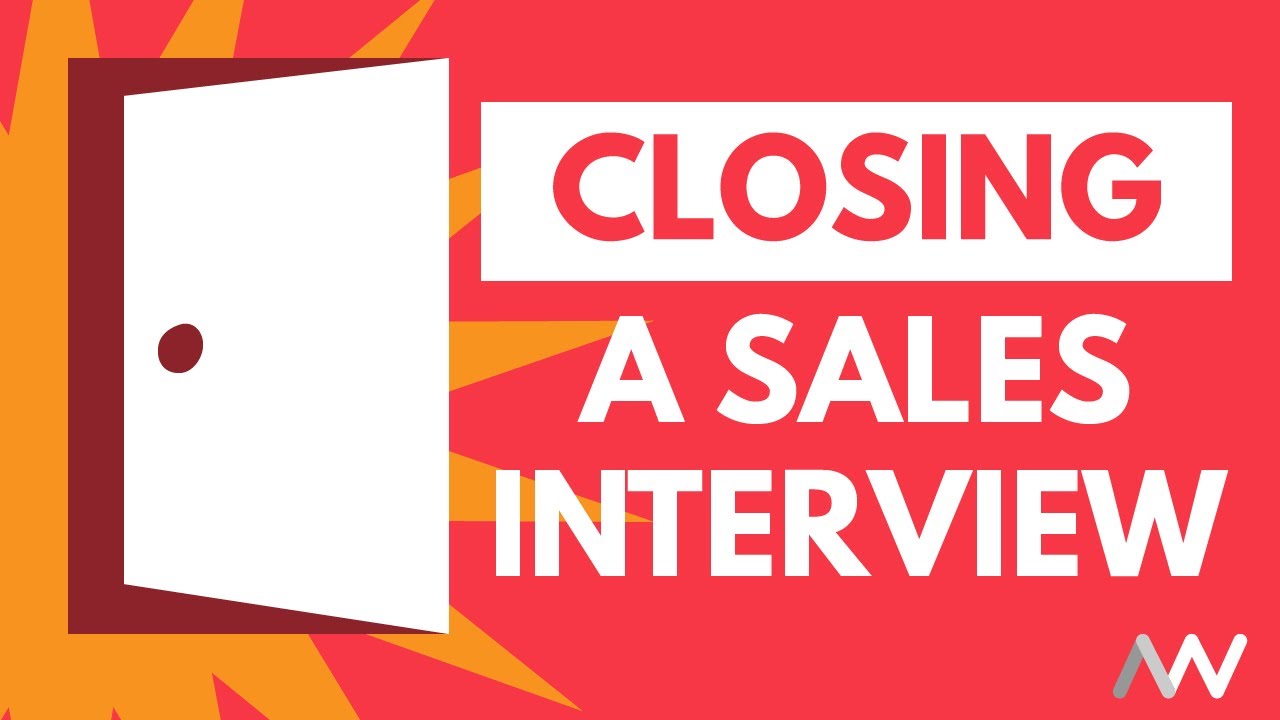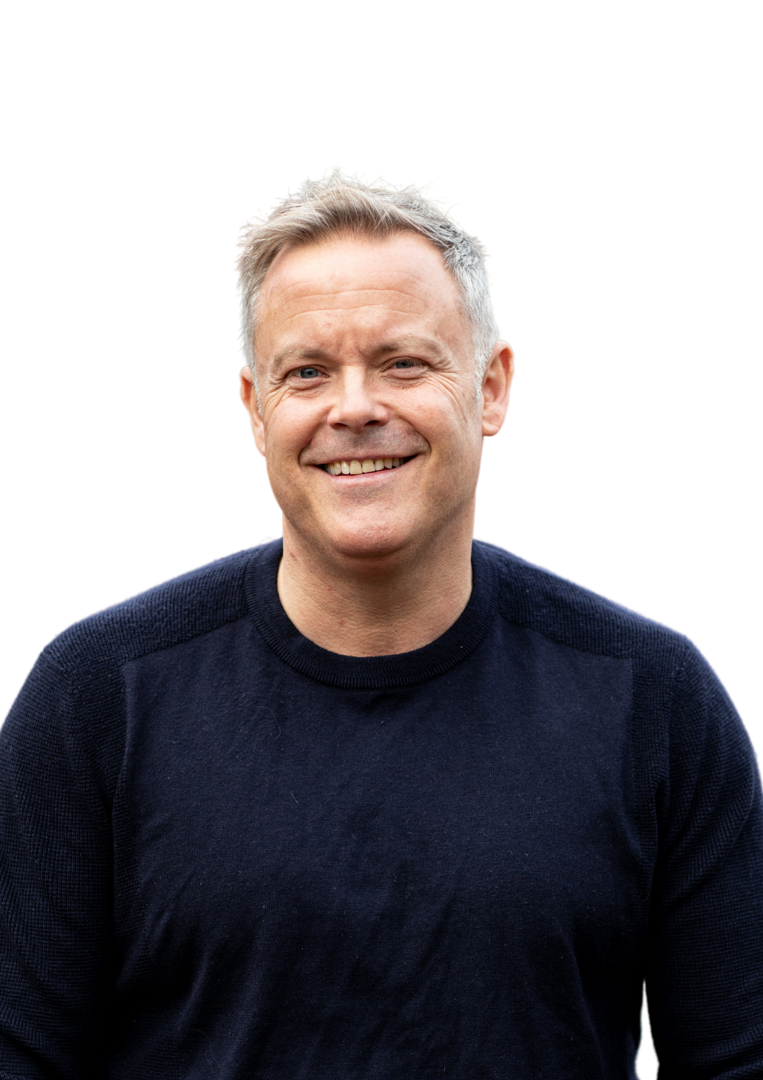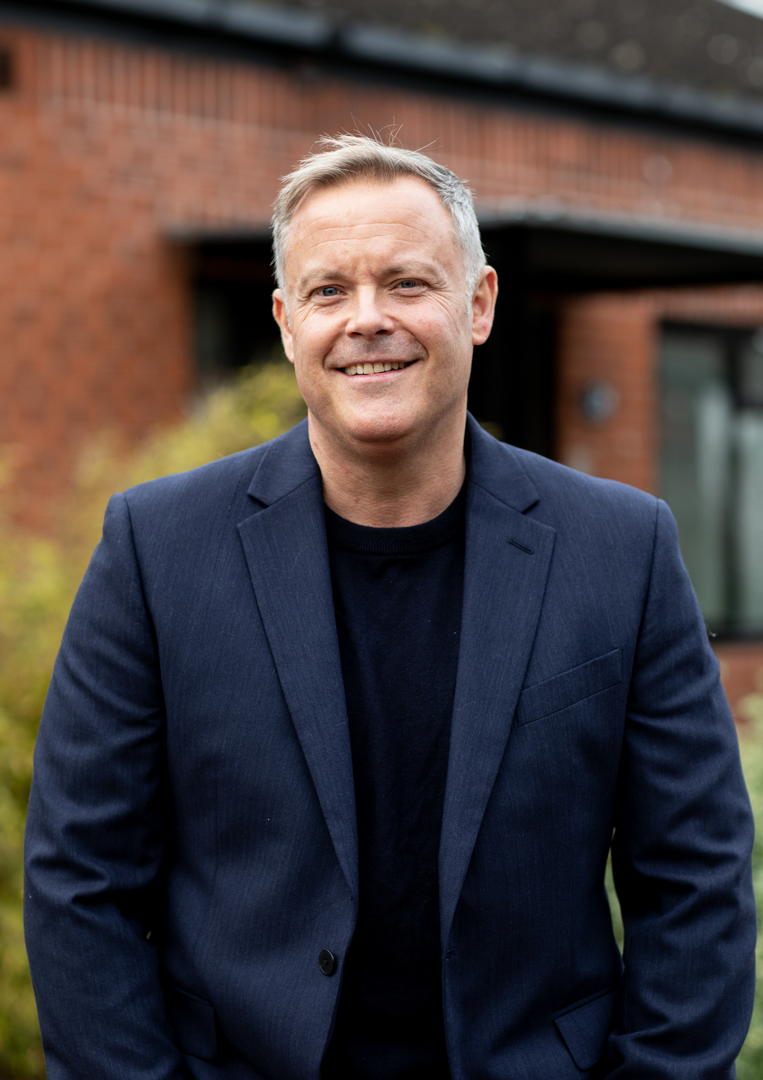"I wanted to say a huge thank you to Simon Bonner who has just helped me secure my new role. He was one of the most professional recruiters I have ever worked with"
Julia Marcinkiewicz

How to Close a Sales Interview
Page Overview:
At Aaron Wallis Sales Recruitment, we guide sales professionals to treat interviews as true sales meetings by mastering the close, every time. This page explains why neglecting to ask for the role or next steps is a missed opportunity, highlights common ways to close (from direct to assumptive techniques), and shows how to build momentum by asking performance-based questions when the interview naturally concludes. Following our approach ensures you end every interview with confidence and leave a lasting, professional impression.

You are a sales professional in a sales interview. This is no different to any other sales meeting you attend, and you are expected to close.
I've lost count of how many candidates call after an interview, saying, "It was a fantastic meeting, we got on so well." When asked if they closed, they respond, "No, it didn't feel like the right time. We got along so well, it didn't seem necessary."
We often hear feedback from employers saying, "He's a great guy. I'd happily have a drink with him, but I wouldn't hire him as a salesperson because he couldn't close a door." This highlights how vital it is to close every sales interview you attend.
In today's competitive job market, demonstrating that you can close a deal is more important than ever.
A few years ago, I conducted some research. I asked every candidate whether they closed during their interview, marking down "yes" or "no." By the end of the month, I found that nearly three-quarters of sales professionals didn't close in their interviews. It's a missed opportunity.
So, how do you close? Let's revisit the basics of sales:
Direct Close:
"I can start immediately. Based on this interview, have I secured the role?" This can be quite direct for an interview, but if the timing feels right, don't hesitate.
Alternative Close:
"I understand you're aiming for someone to start in September. Would you prefer me to start in the second or third week?" This is a softer approach that can even be delivered with a bit of humour if the situation allows.
Deferred Close:
"I understand you'll be speaking with Aaron Wallis for detailed feedback. When should I expect to hear whether or not I've secured the role?" This is a professional close, but it's effective when followed by more questions about how they felt the interview went.
Assumptive Close:
"I've really enjoyed our discussion and meeting the team. I like the business, and I'm confident I can sell your products and services effectively. I'm looking forward to contributing and exceeding sales targets once I start."
This approach is natural and assumes success, which smoothly closes the interview.
But how do you make it natural and appropriate to close? As a salesperson, you know you must first create a platform from which you can effectively close. This means asking plenty of questions early on.
When you sense the interview is coming to a natural conclusion, and their questions are tapering off, start asking about your performance.
For example, "How do you feel the meeting has gone today?" At this point, it's no longer just an interview – it's a sales conversation between equals.
Ask about how you'd fit in with the team, whether you're culturally aligned with the business, or if there are any gaps in your experience that could be a concern. If there are any objections, address them directly and gain their agreement that you've overcome them.
"OK, so you thought I might not have enough experience with national accounts. I believe I've shown that I can overcome this. Do you agree?"
When they say yes, you can move to the trial close:
"Is there anything else you'd like to explore before we wrap up?" If they offer no negative feedback at this point, you're in a strong position to close.
I can't stress enough how important it is to close. Make sure you close at every sales interview you attend – if you don't, you're not asking for the business!
Date published: 7th August 2025

Search jobs
With hundreds of jobs available, now is the time to look for your perfect position

by Darren Dewrance
Founding Director

About the author
Darren Dewrance
Darren spent six years in sales and field sales before joining the original sales recruitment specialist, Austin Benn, in 1998. After achieving the status of top consultant, out of about seventy at the time, Darren rose from Senior Consultant to Operations Manager of the commercial sector before leaving to join a London based Headhunter in 2003 before setting up Aaron Wallis with Rob in October 2007.
With a natural leadership style, Darren is an expert on putting his finger right on the heart of the problem. His natural commercial instincts have helped hundreds of employers make better recruitment decisions. Darren is married with two children, and when not at work or with his family, he likes nothing more than to be on the side of a river or a lake with a rod in his hand.
Please call us to discuss your next move
From our blog
Our employers say...
Our candidates say...
